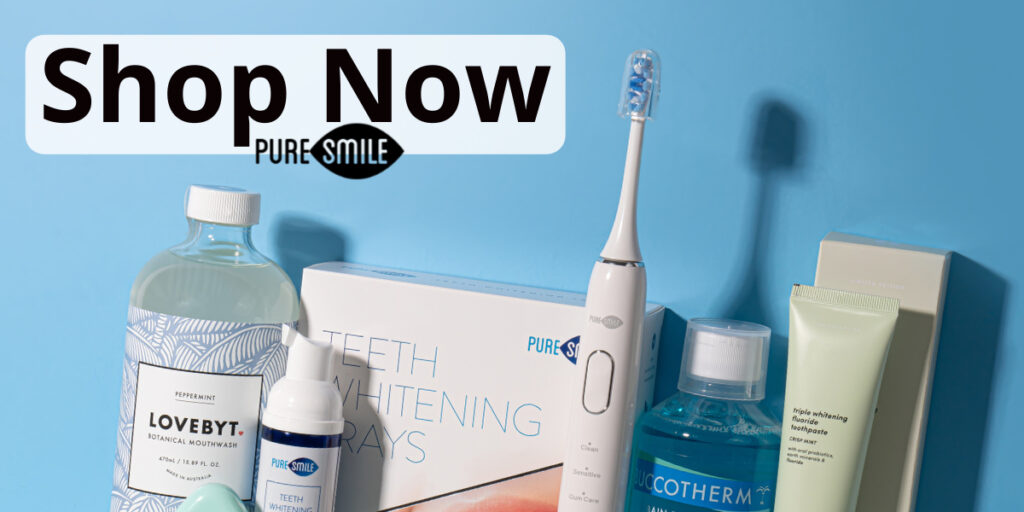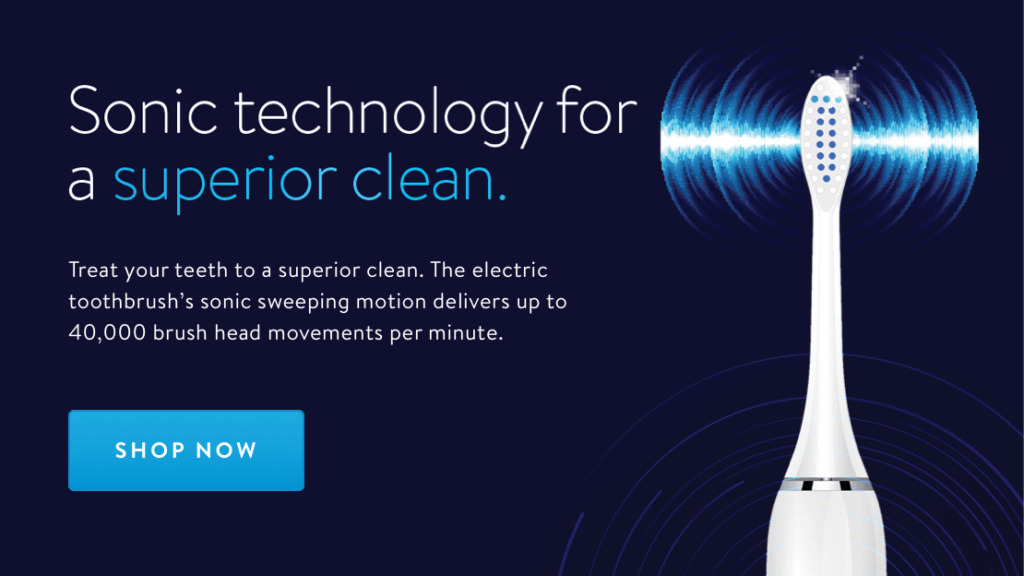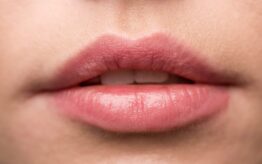Sodium bicarbonate, commonly known as baking soda, is a household product that is used in cleaning or baking, and it helps to eliminate odours. People usually use it as an alternative to brushing teeth instead of toothpaste. Actually, most toothpaste firms are using this ingredient in manufacturing toothpaste. So, does that mean it’s totally safe for your oral health? Is baking soda good for your teeth?
What Does Baking Soda Do to Your Teeth?
It’s common knowledge that when you brush your teeth with baking soda, it helps with teeth whitening. When it comes in touch with water, baking soda forms an alkaline solution that releases free radicals that help whiten teeth. A bright pearly white is formed when the plaque around the enamel is erased. Most plaques are due to the foods or drinks we consume, such as tea, coffee or tobacco—thus the tooth discolouration.
Apart from teeth whitening, sodium bicarbonate helps prevent tooth decay, cavity formation and gum disease. Do you have bad breath? Baking soda will fight it by balancing acidic levels of residual foods. Is your mouth affected by ulcers? To ingest your meal in peace, use baking soda to neutralise the acidity of the ulcers; simply combine baking soda with water to use as a mouthwash.
The Downsides to Using Baking Soda on Teeth
Exploring the advantages mentioned, it appears that utilizing baking soda for brushing teeth can enhance oral hygiene, particularly for those aiming to achieve a brighter smile. Nonetheless, employing baking soda as a dental cleaning agent comes with certain drawbacks, as outlined below.
Damages Enamel
When you brush your teeth with baking soda on a daily basis, you are prone to damage your enamel. A tooth is a living thing thus damaging the coating leads to cavities. Once enamel is damaged, it cannot regenerate or repair itself because it doesn’t contain any living cells. This can lead to sensitivity, and the increased risk of tooth decay and infections. Protecting your enamel involves maintaining good oral hygiene, using fluoride toothpaste, reducing the intake of acidic and sugary foods and drinks, and visiting your dentist regularly for check-ups and cleanings.
Damages Gums
Due to its abrasive properties, baking soda may cause severe damage to the gum which can result in bleeding. It is the same properties that cause the damage to enamel. Thus it should be used less to prevent enamel erosion and gum damage. When gums are damaged, several issues can arise, impacting not only oral health but overall well-being.
Gum damage often starts with gingivitis, a mild form of gum disease characterized by inflammation, redness, and bleeding during brushing or flossing. If left untreated, it can progress to periodontitis, a more severe condition. If you notice signs of gum damage, such as bleeding, swelling, or receding gums, it’s important to seek dental care promptly to prevent further complications.
Less Effective in Fighting Cavities
While it’s mentioned that baking soda can help address tooth decay, it can’t eliminate cavities or perform plaque removal alone. Its fluoride content is very little; it is not sufficient to fight cavities. But when mixed with other ingredients, it can be successful in fighting cavities.
Unpleasant Aftertaste and It Is Gritty
When a person uses baking soda to brush or whiten teeth, it leaves a bad taste in the mouth and an uncomfortable gritty feeling. To prevent that uncomfortable aftertaste, it is advisable to use it with a pint of toothpaste or a flavour such as peppermint or strawberry.
Not Well Packaged for Oral Use
Unlike the excellent packaging of toothpaste tubes, baking soda is in messy packaging. One cannot tell if any contamination has occurred. Thus, it is not advisable for oral use even if it is a cheap option for brushing teeth.
Bad for Dental Glue
People using braces should not use baking soda toothpaste to brush or achieve teeth whitening. Baking soda softens the glue that is used to hold the braces together. It also leaves dark spots on the teeth braces when used regularly.
So, How Often Should You Brush Your Teeth with Baking Soda?
Praised for its mild abrasive properties, baking soda can indeed work wonders in lifting surface stains off your teeth. But, like with any good thing, moderation is key.
As mentioned, using baking soda too frequently can erode your tooth enamel, the protective shield of your teeth. Once enamel is gone, it’s gone for good, and its loss can lead to increased sensitivity and cavities. The ideal frequency? Consider brushing your teeth with a baking soda mixture no more than once a week. This allows you to reap the teeth-whitening benefits without putting your oral health at risk.
If you’re keen on making baking soda a part of your dental routine, always follow up with fluoride toothpaste. Fluoride helps strengthen and remineralise the enamel, ensuring it remains robust against daily wear and tear.
Are you still asking this question: Is baking soda good for your teeth? Well, the answer is yes if you use it moderately. A word to the wise: everyone’s teeth are unique. It’s always best to consult with your dentist before introducing new elements to your dental routine. They can provide personalised guidance tailored to your specific needs.
How Should You Use Baking Soda to Maximise Its Oral Health Benefits?
Thanks to its alkaline nature and mild abrasive qualities, baking soda has long been heralded as a go-to for natural teeth cleaning. But to truly harness its potential without risking your dental health, it’s crucial to employ the right methods.
- The Gentle Brush: Create a baking soda toothpaste by mixing a half teaspoon of baking soda with a few drops of water. Apply it to your toothbrush and brush gently, using circular motions, for about two minutes. Remember, forceful scrubbing can damage the enamel, so always be gentle.
- Pair with Hydrogen Peroxide: Want to whiten teeth with baking soda? Go for an added whitening boost by mixing equal parts of the kitchen staple and hydrogen peroxide. This combination not only tackles surface stains but also offers antibacterial benefits. However, limit this mix to once a week to safeguard your enamel.
- Rinse Well: Done brushing teeth with a baking soda mixture? Rinse your mouth thoroughly with water to ensure no residue remains.
- Follow with Fluoride Toothpaste: To counterbalance the abrasive nature of baking soda, always brush with toothpaste rich in fluoride afterwards. This step aids in strengthening the enamel and protecting against potential decay.
- Baking Soda Mouthwash: You can also reap the benefits of baking soda by using it as a mouthwash. Dissolve half a teaspoon in a glass of water and swish it around in your mouth for about 30 seconds. This can help neutralize bad breath and balance the mouth’s pH levels.
- Spot Treatment: For those pesky spots or areas that need extra attention, you can apply the baking soda paste directly and let it sit for a minute before brushing it off.
Remember, while baking soda offers several benefits, it shouldn’t replace your daily toothpaste. Think of it as an occasional boost, a supplementary step to your regular oral care routine. And as with any change to your health regimen, a quick chat with your dentist will ensure you’re making choices that benefit your unique dental profile.
In Conclusion: Is Baking Soda Good for Your Teeth?
Baking soda undoubtedly brings a lot to the dental table. Its alkaline nature, ability to neutralise acids and mild abrasive properties make it a popular choice for natural teeth cleaning and whitening. But, as with many things in life, it’s all about balance.
When used judiciously, baking soda can effectively remove stains, regulate pH levels in the mouth and even tackle bad breath. However, frequent and aggressive use can risk enamel erosion, leading to heightened sensitivity and other dental issues.
So, is baking soda good for your teeth? Yes, when wielded wisely. It can be a valuable asset in your oral health arsenal but should be seen as a periodic supplement rather than a daily staple. As always, before integrating any new products or methods into your dental routine, consulting with your dentist remains the golden rule. They can guide you on how best to use baking soda for your unique dental needs, ensuring your pearly whites stay both radiant and robust.







